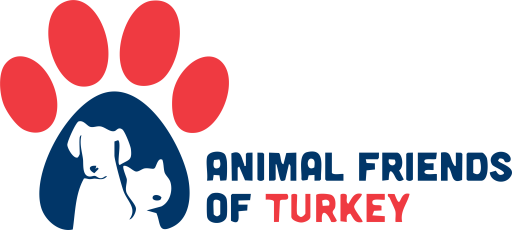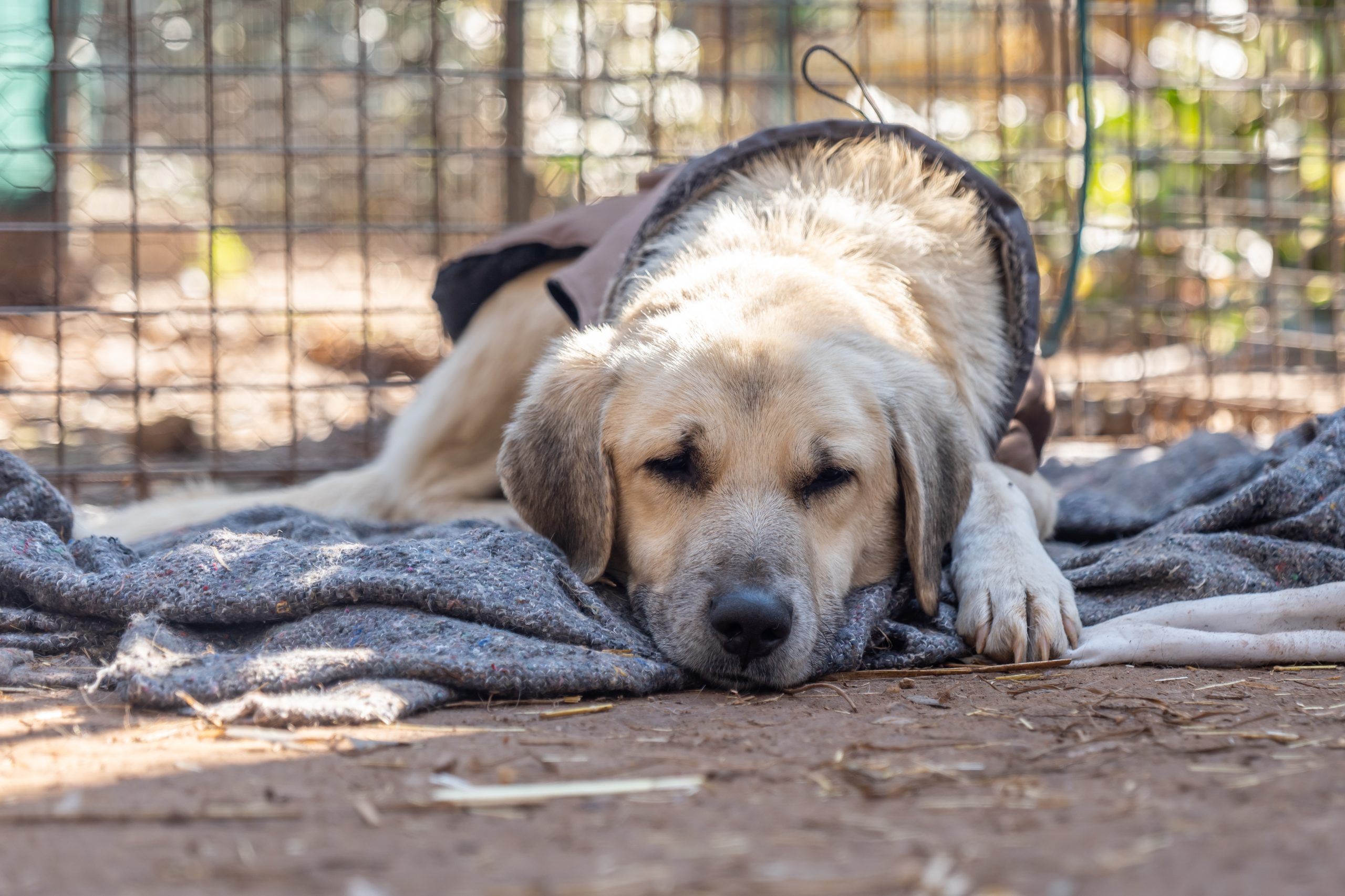What To Expect In The First Few Weeks (at least)…
Adopting a rescue dog is such a very special thing to do and taking in a dog that has been rescued from a life on the streets or one who had no future is even more special.
The transformation you can bring to the life of a Turkish dog that has more than likely experienced hardship and cruelty is enormous. And the rewards that are there on offer from witnessing this transformation are even bigger.
We see this time and time again with the hundreds of dogs rescued by Animal Friends of Turkey (AFOT) rehomed in new loving homes in the UK and living their best lives. The regular updates and videos of sheer happiness that our adopters so often share on our Facebook page are enough to melt any heart.
However, we make no secret of the fact that taking a rescue dog into your home is not always easy and taking on a Turkish rescue dog always comes with enormous responsibility.
There is a huge amount of knowledge and experience of rescue dogs embedded within the individuals who make up the committee that runs Animal Friends of Turkey (AFOT), but it is important to remember that whilst they will offer you endless support they are not professional behaviourists or trainers. Turkish rescue dogs (like all foreign rescues) are not like UK rescue dogs and this is very important when you are thinking of rescuing a dog.
It is because of this unique difference that Turkish rescue dogs have as opposed to UK rescue dogs that we take great care in giving you, our adopters all the tools you require to set yourself up for a successful adoption. Even if you have had many rescue dogs previously, you may not have had a foreign one and what may have been acceptable for you in the past for your current or previous dog may not necessarily be a good way forward for your Turkish rescue dog.
We want your adoption to be a success as we care about our dogs and want them to be happy and adjusted but this doesn’t happen on the first day! In order to help you achieve a successful adoption our adoption process includes a free compulsory webinar with all the information and help you need to get things right at the start. This webinar also has details and information of other help available to you should you need it for the future, there are adoption groups you can subscribe to, workshops for specific issues and even nationwide 1-1 training.
Most of the dogs that come through AFOT have had some heart-breaking experiences whether this be through injury, a life fighting to survive on the streets, through neglect or even abuse.
Even though these dogs are now coming to wonderful homes, they don’t know this, all they have known is about to be taken away, no matter how hard it was for them, it is what they were used to.
When your rescue dog first arrives with you it is important to be 100% aware and realise they will need time to adjust and settle. They have left everything they knew and had a long and tiring trip coming to a different country and to people they don’t know. If you left one of your dogs in a strange house where they didn’t know anyone, you would expect that they might be confused, unsettled, very stressed and may display some reactive behaviour that they wouldn’t normally display wouldn’t you? We would expect this from a dog that had never had any upset in its life and had lived so far knowing nothing but love, safety and security, SO IMAGINE how much worse it is for a rescue dog. Some dogs cope with this remarkably well but some don’t and it is better to assume they won’t cope, and handle them accordingly. This way you are far more likely to prevent problems than if you assume they will be fine and that they will be grateful for this wonderful life you have offered them.
Providing Structure In The Early Weeks
1. Have all the equipment you might need ready for when your dog arrives. Be prepared.
2. Keep your behaviour consistent. Your rescue dog will learn much quicker from knowing what is expected of him.
3. Provide a secure, safe space for him/her to be left alone.
4. Establish a routine as much as possible and as quickly as possible.
5. Expect some problems in the early settling in period.
6. Keep in touch with the AFOT member dealing with your adoption if any issues arise, sooner rather than later. She can support, advise and recommend specialist help if required.
A dog is naturally a pack animal, and he will see his new family as his or her pack. Each Pack needs a leader – It is important that your dog sees you as its new leader. The new arrival is new to the ‘pack’ and it is important that he or she does not see you as equals or subordinates as this can lead to serious behaviour issues. In order to establish this and to help establish a good bond with your new family member you must start with the House Rules from the minute they arrive.
It is unfair to the dog to give him/her a “grace period” and then change everything the next week. He/she will need constant guidance and the best way to start this is at the very beginning of their lives with you.
We strongly advise the following of these basic rules:
• DO NOT allow your dog to sleep on the sofa or your bed.
• NEVER remove a dog from a sofa or bed by dragging it by its collar. This will soon be associated as a negative. Encourage them with play or treats.
It may be that your current resident dog sleeps on the sofa or bed. However, we do ask our adopters not to allow your new rescue to do this. It may seem unfair, but it’s about creating a hierarchy – In a dog’s head this means he or she will regard itself as equal to you. Remember they are dogs not humans and they don’t think like we do.
• Create a set safe space that is theirs. It’s their haven in times of uncertainty. This can be their bed or crate and should NOT be moved to various locations around the house.
• DO feed in a separate space away from other people and animals. It’s so the dog feels safe.
• DO NOT remove food whilst your dog is eating. No one truly knows your dog’s history.
• DO NOT allow a child to take away toys or food, or to climb all over the dog.
• DO NOT allow a small child to sleep or even sit or enter the dog’s safe space or bed.
• DO NOT allow a child to dress up or play with a dog and never let them put their face in the dog’s face or cling to them round their neck.
• NEVER leave your new dog unsupervised with a small child or other small animals/pets.
• IMPORTANT: The Dog MUST NOT leave your home address for a minimum of 48 hours after arrival, this is LAW. A lead and collar/harness must be worn in the garden for a minimum of 2 weeks. The dog MUST NOT run free. THIS IS A KEY TIME FOR ESCAPING, MAKE SURE EVERYWHERE IS SECURE!
These are just a few basic rules that if put in place and used correctly will help the dog settle quicker and help you all build a good and safe bond. We want our dogs and new families to all feel safe and secure at all times.
Our experience shows that dogs that live in homes with clear boundaries and rules are often the happiest and most secure of them all.


